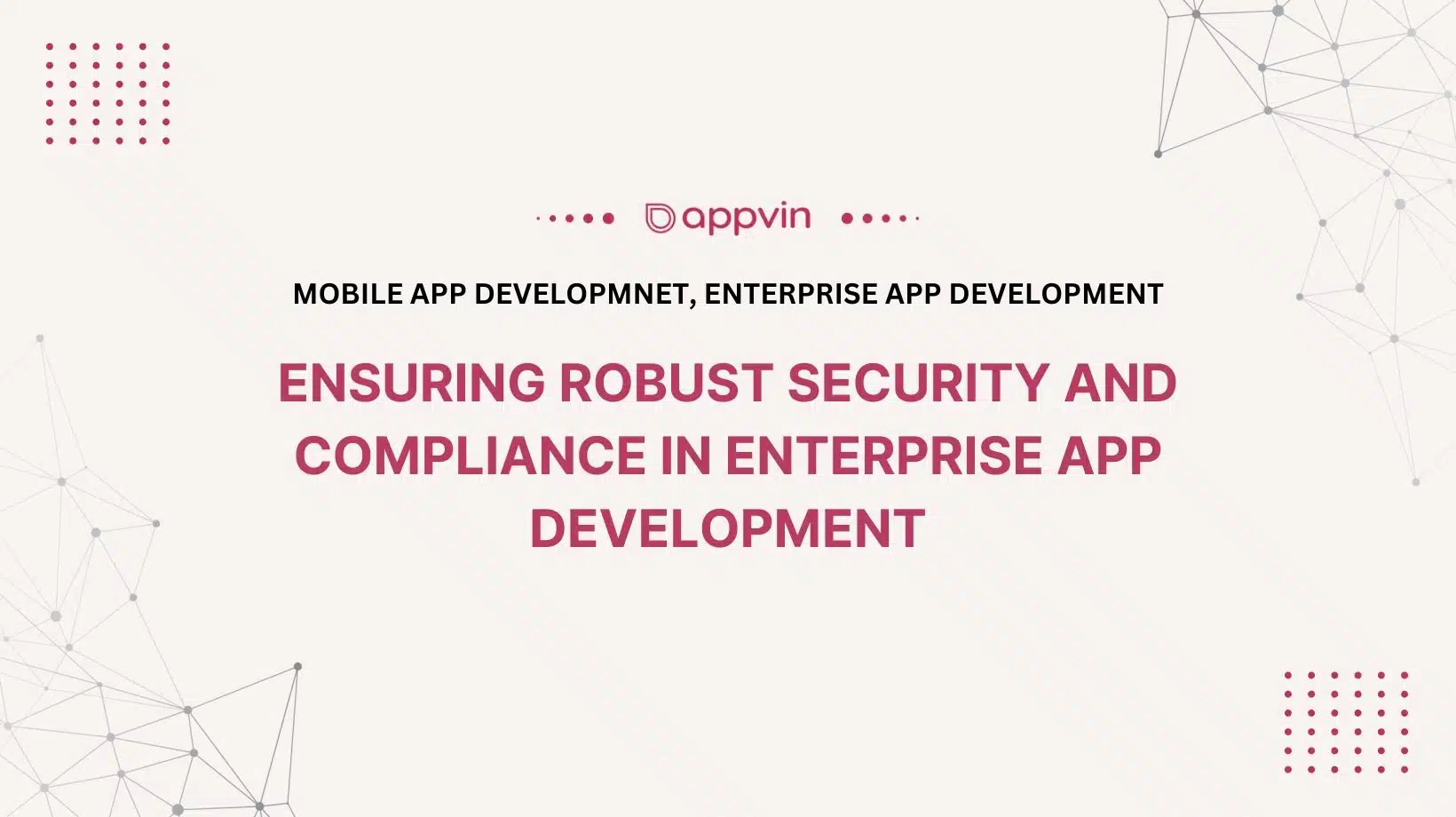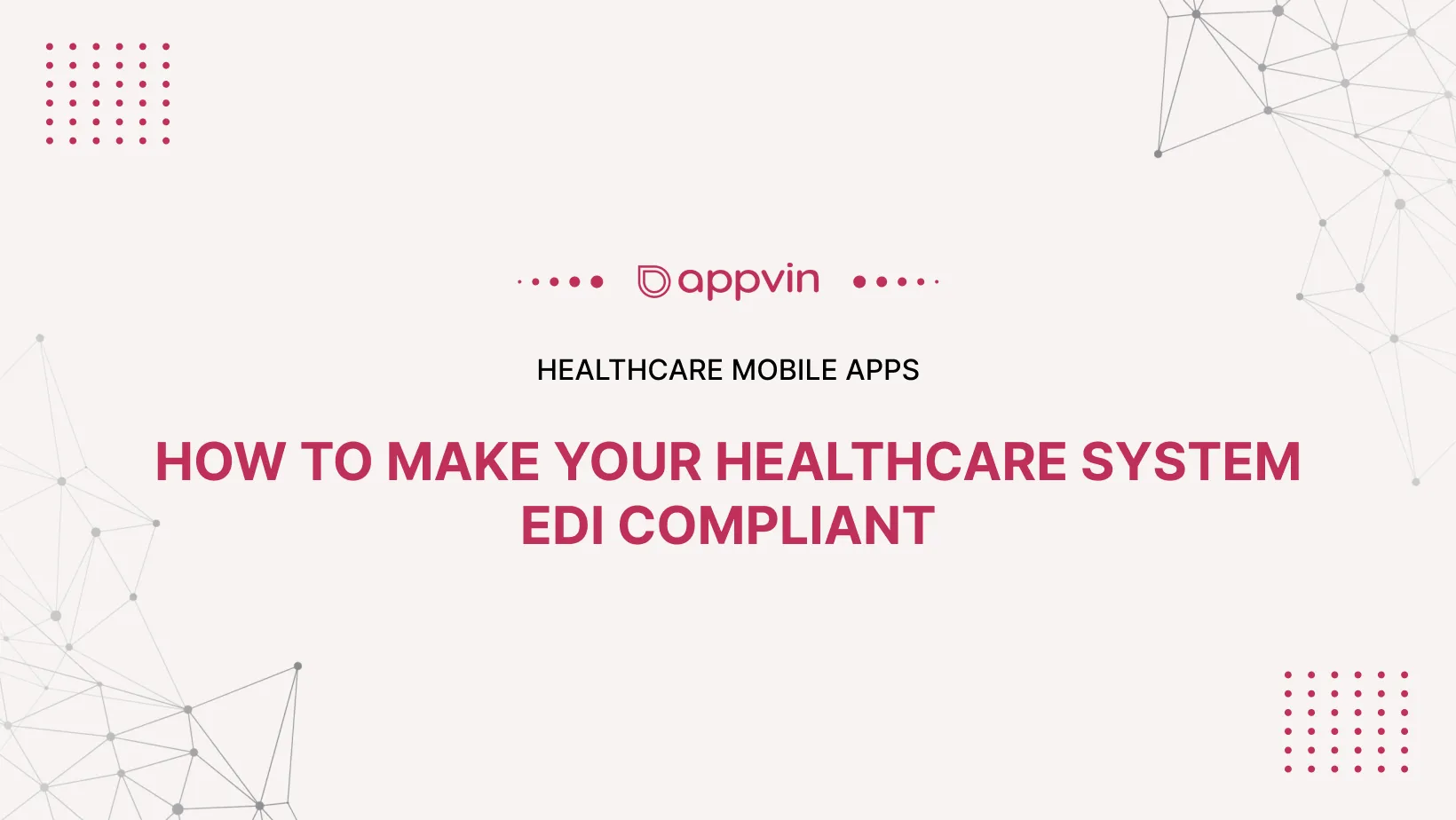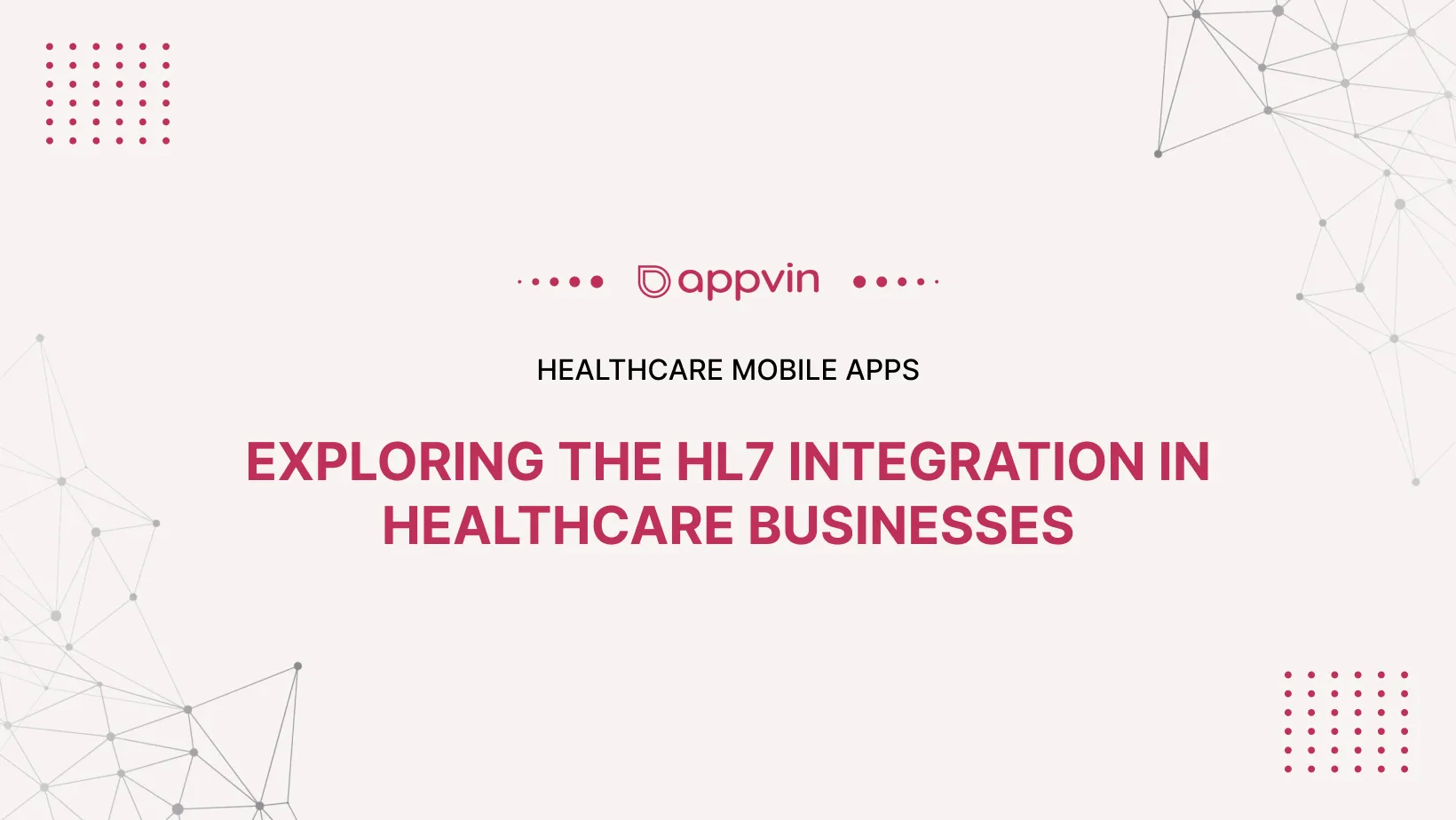In today’s rapidly evolving digital landscape the healthcare industry is witnessing a paradigm shift with the advent of mobile applications. Healthcare app development has become a crucial aspect of modern healthcare systems, providing innovative solutions to improve patient care, streamline processes, and enhance overall efficiency. This article explores the key trends in healthcare app development, highlighting the transformative potential of these advancements.
Importance of healthcare app development
The importance of healthcare app development cannot be overstated. With the increasing reliance on smartphones and the convenience they offer, healthcare apps have emerged as a powerful tool to bridge the gap between healthcare providers and patients. These apps facilitate seamless communication, enable remote monitoring, and empower individuals to take charge of their health. Moreover, healthcare mobile app development services companies are leveraging the potential of these apps to enhance operational efficiency, automate tasks, and improve decision-making processes within healthcare organizations.
Key trends in healthcare app development
Trend 1: AI and machine learning in healthcare apps
Artificial Intelligence (AI) and machine learning are revolutionizing the healthcare industry and their integration in healthcare apps is a trend that is gaining momentum. AI-powered algorithms can analyze vast amounts of patient data, identify patterns, and make accurate predictions, enabling healthcare professionals to deliver personalized treatment plans and preventive care. Machine learning algorithms can also automate administrative tasks, such as appointment scheduling and medical record management, freeing up valuable time for healthcare providers to focus on patient care.
Trend 1: Wearable technology integration in healthcare apps
The integration of wearable technology in healthcare apps is another key trend that is reshaping the industry. Wearables such as smartwatches and fitness bands, can collect real-time health data, including heart rate, sleep patterns, and physical activity levels. By connecting these devices to healthcare apps individuals can monitor their health parameters, receive personalized recommendations and stay motivated to lead a healthier lifestyle. Healthcare providers can also leverage this data to track patient progress, identify potential health risks, and intervene when necessary, leading to more proactive and preventive care.
Trend 2:Telemedicine and virtual healthcare apps
Telemedicine and virtual healthcare apps have witnessed a significant surge in popularity, especially in the wake of the COVID-19 pandemic. These apps enable remote consultations, allowing patients to seek medical advice from the comfort of their homes. Telemedicine apps also facilitate remote monitoring of chronic conditions reducing the need for frequent hospital visits. The convenience and accessibility offered by virtual healthcare apps have not only improved patient experience but have also relieved the burden on healthcare systems, ensuring that resources are allocated efficiently.
Trend 3: Data privacy and security in healthcare app development
As healthcare apps collect and store sensitive patient data, ensuring data privacy and security is a paramount concern. Healthcare mobile application development companies are investing in robust security measures to protect patient information from unauthorized access. This includes implementing encryption techniques adhering to strict data protection regulations and conducting regular security audits. By prioritizing data privacy and security, healthcare app developers can build trust among patients. And healthcare providers, encouraging widespread adoption of these apps.
Trend 4: User experience and design in healthcare apps
User experience (UX) and design play a crucial role in the success of healthcare apps. With the increasing competition in the market healthcare mobile application development companies are focusing on creating intuitive and user-friendly interfaces. Seamless navigation, clear information hierarchy and visually appealing designs enhance the overall user experience, making healthcare apps more engaging and accessible. Moreover, incorporating features such as personalized dashboards, appointment reminders, and interactive health trackers can further enhance user satisfaction and promote long-term app usage.
Conclusion
To fully harness the potential of healthcare mobile apps it is crucial for healthcare providers to stay informed and adapt to the key trends in this field. The future of healthcare lies in the innovation and transformative power of healthcare app development. By embracing these trends, healthcare providers can revolutionize patient care, improve operational efficiency, and ultimately shape the future of healthcare. If you’re looking for a healthcare mobile app development company, AppVin Tehnologiesis a leading provider in this field. Visit our website today to learn more about our services. And, Also how we can help you stay ahead of the curve in the rapidly evolving world of healthcare.






